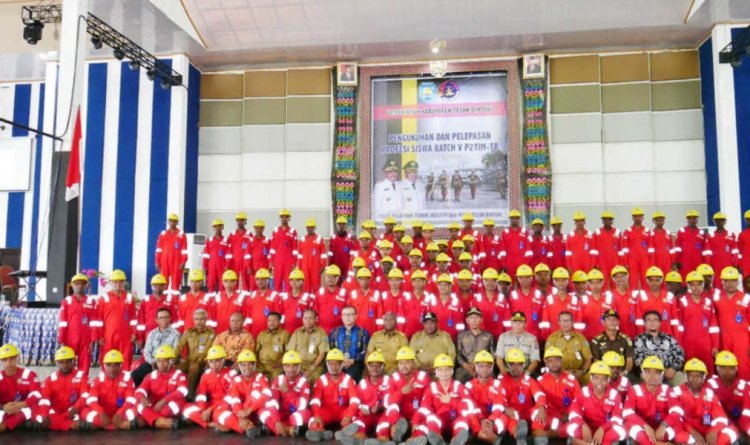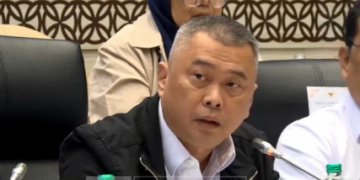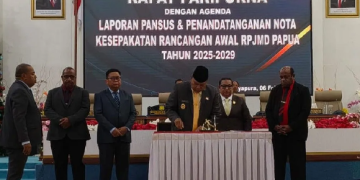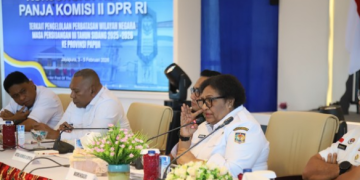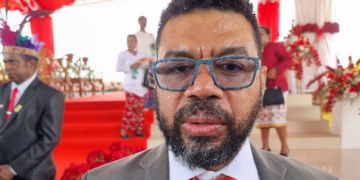Papuaaround.com – The commitment to developing a competitive local workforce in Papua continues to grow, strengthened by Petrotekno’s ongoing initiatives in the oil and gas sector. Through a strategic collaboration with BP Tangguh LNG and the Teluk Bintuni Regency Government, the company has established the Industrial and Oil and Gas Technical Training Center (P2TIM), a facility that has become a symbol of human capital advancement in West Papua.
Since 2017, Petrotekno has been trusted to deliver comprehensive vocational training for young residents originating from Teluk Bintuni. The initiative aims to equip local talent with the skills required to compete in the global energy industry. The program adopts the Global Vocational Qualification standard and focuses on operation and maintenance in the oil and gas sector. Each participant who passes the selection process undergoes intensive training for three years at Petrotekno’s facility in Ciloto, West Java.
The success of this training program encouraged the local government to expand its reach and bring similar learning opportunities closer to the community. After a series of evaluations and field studies, the Teluk Bintuni administration formally established P2TIM in 2018 under the supervision of the regional Department of Industry, Trade, and Cooperatives.
Today, P2TIM operates as a regional training center designed to accelerate workforce readiness in the construction segment of the oil and gas industry. Each batch runs for 3.5 months and accommodates up to 100 participants. The program prioritizes local communities, particularly members of the Tujuh Suku, Indigenous Papuans, and residents registered in Teluk Bintuni. This approach reinforces inclusivity and ensures that development programs truly benefit the surrounding population.
Since its establishment, P2TIM has played a significant role in reducing the regional unemployment rate. Data in 2024 shows that unemployment in Teluk Bintuni fell to 3.16 percent, supported by training graduates who have entered the professional field. Currently, an estimated 65 to 75 percent of P2TIM alumni are employed by national and international oil and gas companies. The figure demonstrates how targeted training programs can create real economic impact and open long-term career pathways for local youth.
To maintain accountability, the center is audited regularly as part of the regional government’s strategic programs. Financial reporting and operational evaluations are carried out to ensure transparency, good governance, and the proper use of public resources. Routine audits also help the program maintain credibility as it grows.
Today, P2TIM stands as an example of successful collaboration among regional authorities, the oil and gas industry, and national-scale training institutions. The initiative shows how structured investment in education and vocational skills can build long-term independence for local communities. It also reflects a broader ambition to elevate Papuan talent so they can thrive in both domestic and international energy markets.
As demand for skilled workers in the oil and gas sector continues, the model developed in Teluk Bintuni has the potential to inspire similar initiatives throughout eastern Indonesia. With continued cooperation, Papua’s young generation is expected to gain wider access to professional opportunities, contributing not only to the industry but also to Indonesia’s future energy development.

